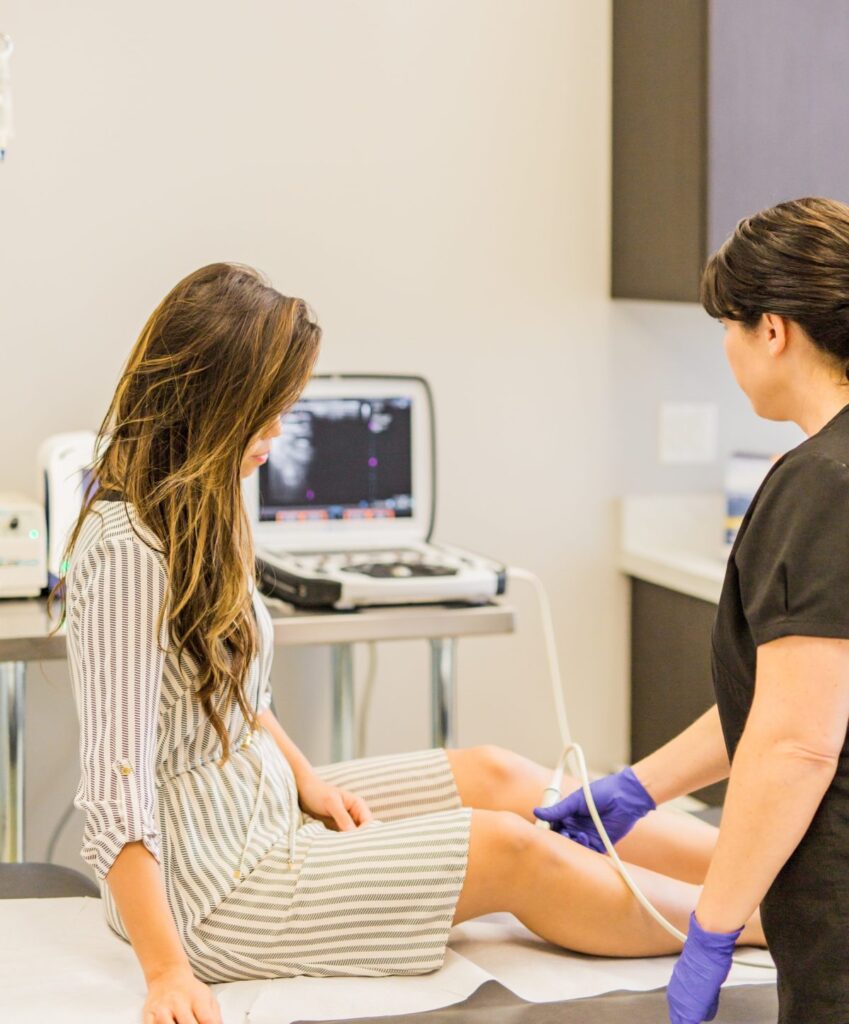Peripheral arterial disease (PAD) is a condition characterized caused by the narrowing of arteries and reduced blood flow to your peripheral limbs. It affects both men and women, but differently. You see, when men develop PAD, they tend to become symptomatic at an earlier disease stage than women. As such, they may seek earlier interventions. In contrast, women symptoms tend to develop at a later point in disease progression; they're also more likely to develop serious comorbidities. As such, we're reviewing recent studies that highlight the importance of customizing treatment options for women with PAD.

Late last year, the American College of Cardiology released a statement explaining that PAD has a disproportionate impact on both women and members of certain underserved communities. As such, the group concluded there is a “need for more recent information on how PAD treatment impacts genders and races (medication, lifestyle changes, angioplasty and stent placement, or bypass surgery).”
Luckily, evidence presented at the Society for Cardiovascular Angiography & Interventions in May of this year provided more detail information. In fact, one study revealed that providing endovascular therapy to these populations results can reduce post-procedural complications for women with PAD by 33%. Of course, as providers of endovascular arterial care in Georgia, we are thrilled to provide minimally invasive PAD treatments, and we want to explore these scientific findings in depth.
The study on women with PAD involved reviewing the results of six randomized, controlled trials comparing the treatment results of endovascular therapy with stent implantation and surgical bypass surgery. Specifically, they reviewed the number of patients who needed further interventions, along with the number of patients who suffered adverse limb events, amputations or death within 30 days of completing treatment.
Interestingly, just 29.0% of the patients included in these studies were female. Still, researchers were able to determine that women whose PAD was treated endovascularly experienced significantly lower complication rates.
While those results were promising, another study presented at that conference uncovered a troubling reality: both women and Asian Americans are less likely to seek endovascular treatment for PAD. This lead lead study author Awad Javaid to say, “Although not surprising, it is frustrating to see women and Asian Americans are less likely to undergo procedures that may prevent amputations or even death. The results reinforce the need to change current practice by using a more inclusive and multidisciplinary approach to peripheral arterial disease interventions.”
Our team of interventional radiologists at Georgia Endovascular believe in the importance of minimally invasive PAD treatment for everyone, regardless of your race or gender. So, if you're experiencing peripheral artery disease symptoms, or you've already received a PAD diagnosis, click here request a consultation with our specialists. . When we see you in the office, we can evaluate the current state of your arterial health, and recommend an appropriate endovascular treatment plan.

Atlanta
3225 Cumberland Blvd. Southeast, Suite 520
Atlanta, GA 30339
Stockbridge
1035 Southcrest Dr., Suite 220 + 250
Stockbridge, GA 30281
Tucker
1975 Lakeside Pkwy., Suite 300
Tucker, GA 30084
Scheduling
Please contact our dedicated specialists to schedule a consultation today.
2025 Georgia Endovascular. All rights reserved. Website Design by Healthcare Success